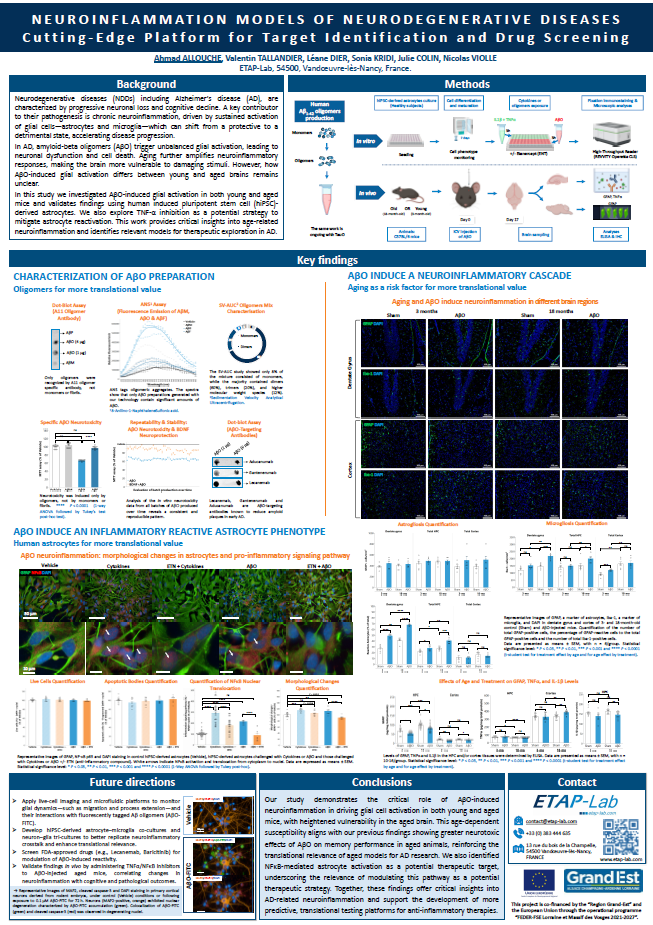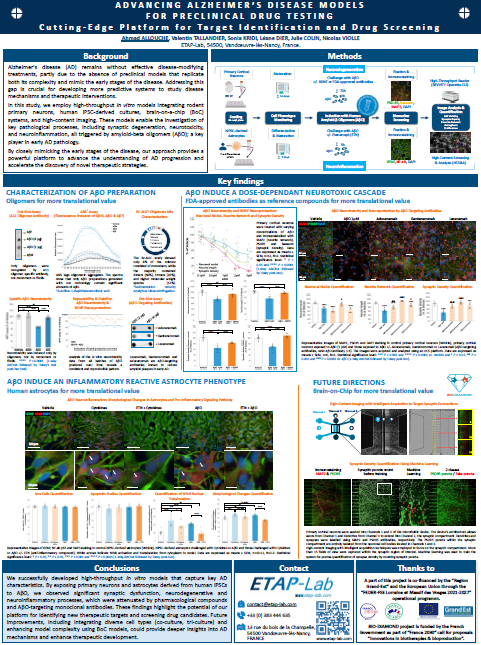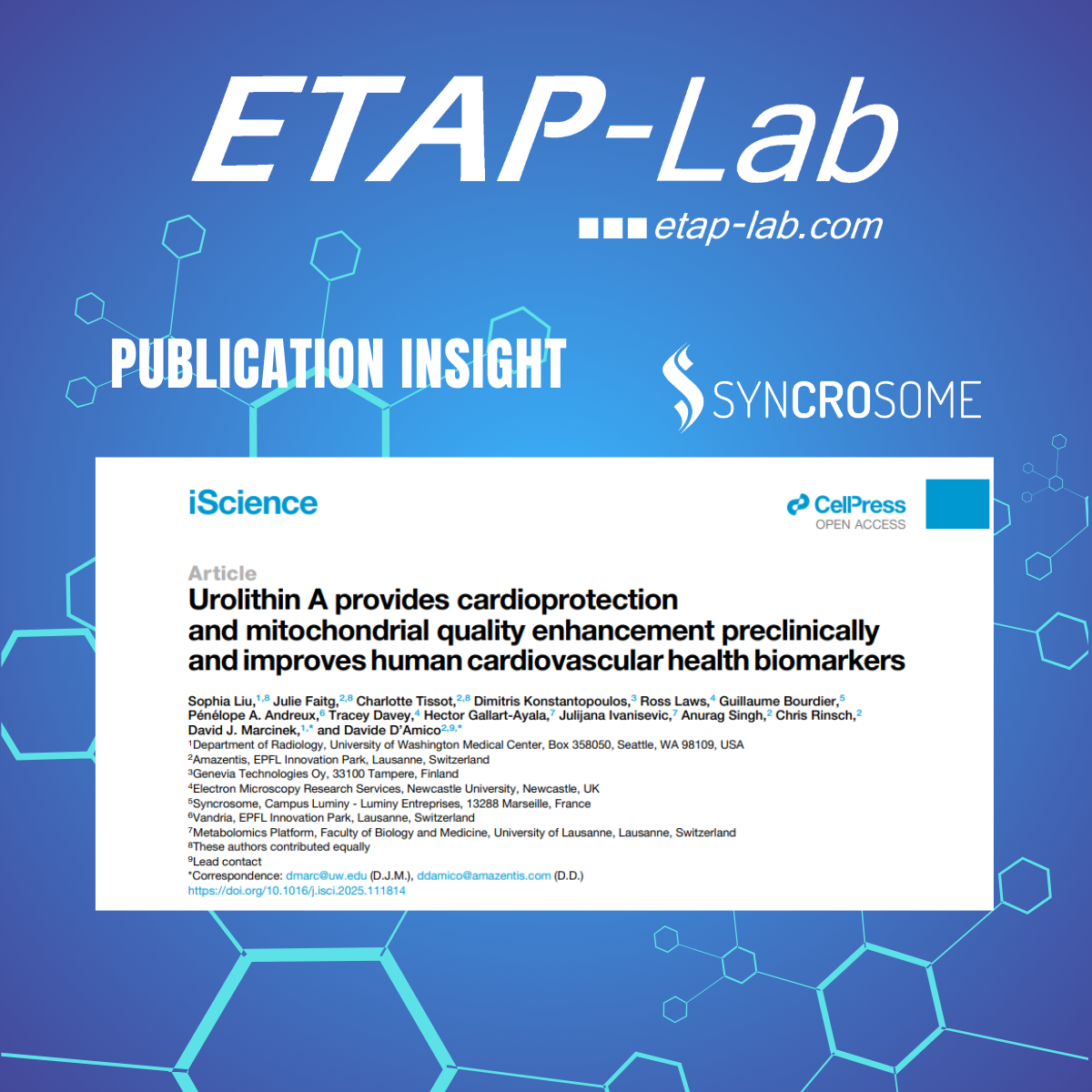Oral administration of d-limonene controls inflammation in rat colitis and displays anti-inflammatory properties as diet supplementation in humans
d'Alessio PA, Ostan R, Bisson JF, Schulzke JD, Ursini MV, Béné MC - 2013, Life Sci., 92:1151-6.
AIMS:
To further explore the anti-inflammatory properties of d-Limonene.
MAIN METHODS:
A rat model was used to compare evolution of TNBS (2,5,6-trinitrobenzene sulfonic acid)-induced colitis after oral feeding with d-Limonene compared to ibuprofen. Peripheral levels of TNF-α (Tumor Necrosis Factor alpha) were assessed in all animals. Cell cultures of fibroblasts and enterocytes were used to test the effect of d-Limonene respectively on TNFα-induced NF-κB (nuclear factor-kappa B) translocation and epithelial resistance. Finally, plasmatic inflammatory markers were examined in an observational study of diet supplementation with d-Limonene-containing orange peel extract (OPE) in humans.
KEY FINDINGS:
Administered per os at a dose of 10mg/kg p.o., d-Limonene induced a significant reduction of intestinal inflammatory scores, comparable to that induced by ibuprofen. Moreover, d-Limonene-fed rats had significantly lowered serum concentrations of TNF-α compared to untreated TNBS-colitis rats. The anti-inflammatory effect of d-Limonene also involved inhibition of TNFα-induced NF-κB translocation in fibroblast cultures. The application of d-Limonene on colonic HT-29/B6 cell monolayers increased epithelial resistance. Finally, inflammatory markers, especially peripheral IL-6, markedly decreased upon OPE supplementation of elderly healthy subjects submitted or not to 56 days of dietary supplementation with OPE.
SIGNIFICANCE:
In conclusion, d-Limonene indeed demonstrates significant anti-inflammatory effects both in vivo and in vitro. Protective effects on the epithelial barrier and decreased cytokines are involved, suggesting a beneficial role of d-Limonene as diet supplement in reducing inflammation.
Link to Pubmed





